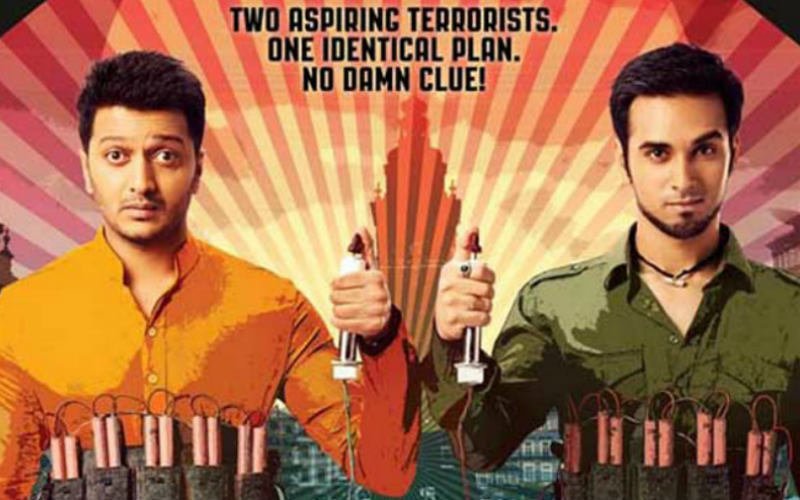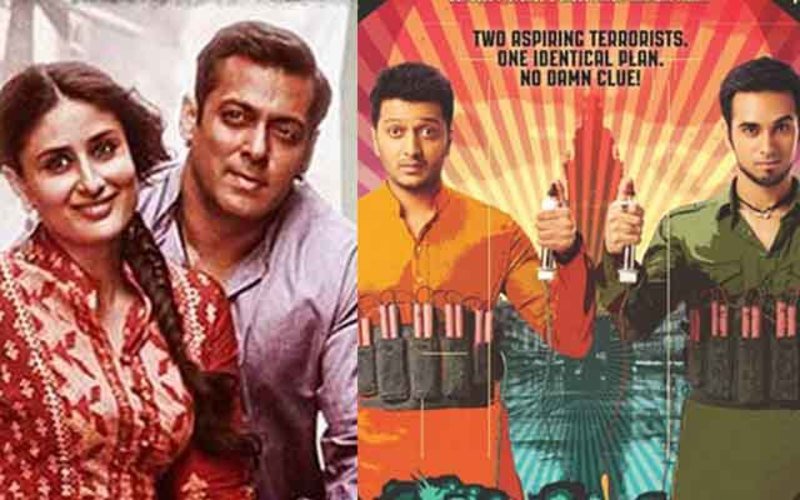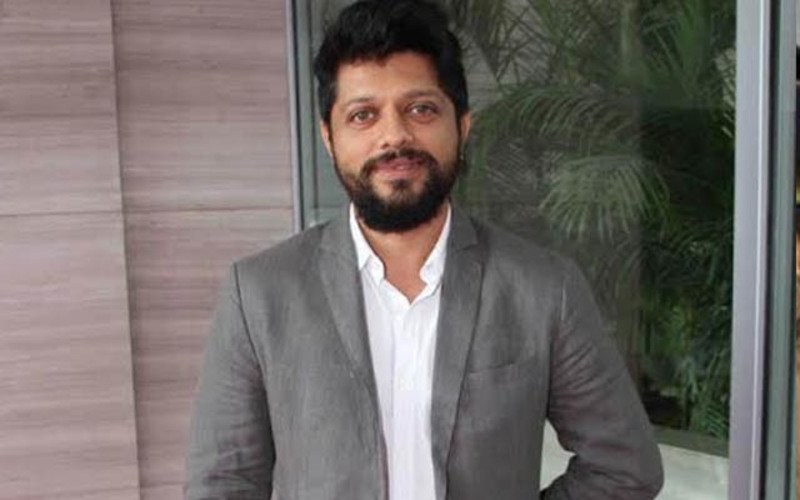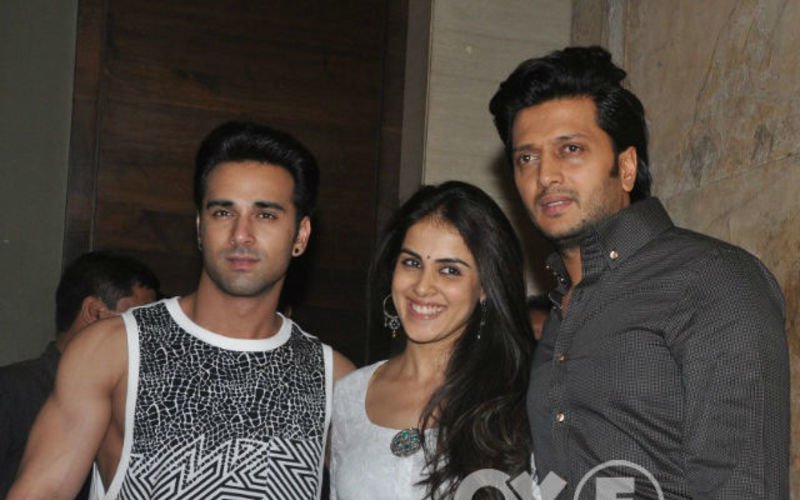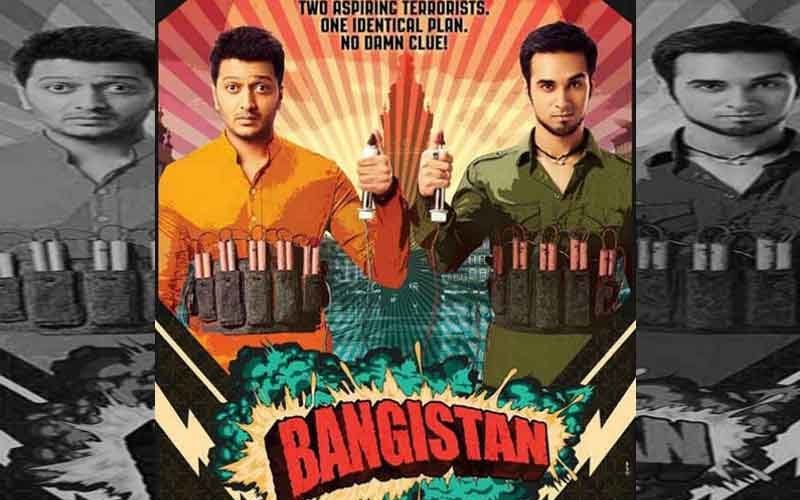Bangistan Or Dumbistan?
Here's the latest update from the world of Bollywood. We bet you wouldn't want to miss this. Read on for details... From a rib-tickling satire, the film shifts gears to become a melodramatic mess
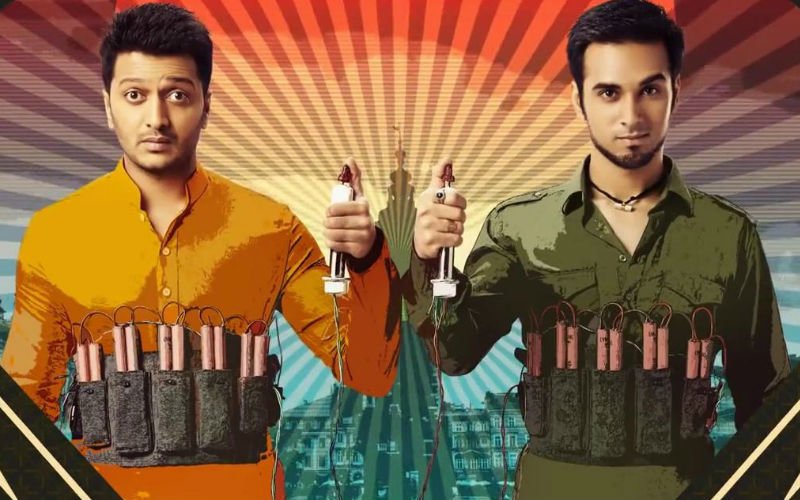

Given the current scenario of growing intolerance in the country with the Right Wing government banning anything and everything that it finds suspicious from a moralistic perspective, it is surprising that Bollywood is producing such few satires to reflect the state of contemporary society.
Extremes of any kind polarise the public and one of the most efficient ways to deal with them is to spoof the subject while subtly passing a sharp commentary on it. Karan Anshuman's directorial debut, Bangistan, is a satire on terrorism and religion divide that inspires extreme elements from either side.
Starring Riteish Deshmukh and Pulkit Samrat as Hindu and Muslim fanatics respectively, the two wannabe terrorists are shown swapping their religious identities to deflect attention. Revolving mostly around their unexciting escapades in Poland where they land to bomb a holy conference, this film is mildly funny, unbearably long and largely confused. It is also poorly performed, has shockingly bad music (Ram Sampath's worst composition) and callously changes its tone from rib-tickling satire to preachy melodrama.

Setting the story in a fictional country (North and South Bangistan could be easily interpreted as Indo-Pak, North and South Korea and if you may, even the Israeli-Palestine conflict, all of which are driven by ethnic segregation) is an interesting start. Had the film maintained its light-heartedness and kept the self-aware buffoonery intact, we could have had a winner.
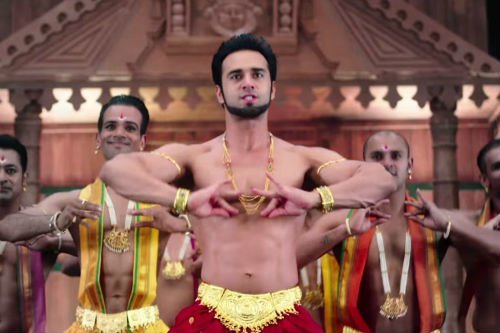
The first half works fairly well as Riteish's call-centre employee Harold ends up joining a fictional terrorist organisation modelled on the Al-Qaida. The cell members meet up at FcDonalds and sip coffee from Starfu*ks. Their religious commitment is measured by their beard-size and Anshuman nails it with scenes like the Muslim gang-leader trashing the US saying "Amreeka ne logon ko diya hi kya hai" even as he sips on a Coca-Cola.
Anshuman even gives a nod to his former employer (he was a film critic for a Mumbai tabloid), as the newspaper one sees is called Bangistan Mirror with the same masthead as the publication.
These scenes reveal that the director has a smart knack for storytelling but he still hasn't found a great story. He creates two funny and intense characters in Riteish's Hafeez/Ishwar Chand and Pulkit's Praveen/Allah Rakha, but after a point, doesn't know what to do with them to keep the narrative consistently engaging. Their ideologies and intentions are clearly established but once the big reveal is made, Anshuman's film resembles a bad Anees Bazmee movie, which is almost like all Anees Bazmee movies.
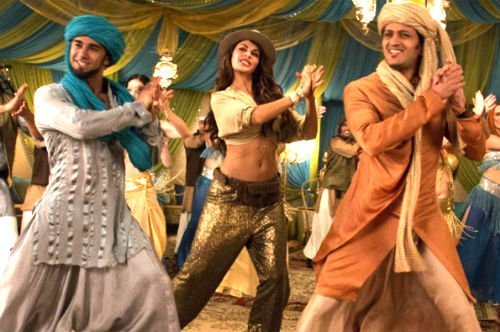
The two characters' ideas collide, they fight (amidst some visible homoerotic tension too), get arrested, evade, understand each other, fight again, deliver dreadfully long sermons, wait - what the hell is happening? It is like after a half-decent first-half and a bearable start to the second half (the scene where a Russian sells bombs through a dubbed teleshopping commercial will crack you up), a B-grade filmmaker took over and stomped all over it with his anger-inducing stupidity.
Riteish eerily reminds you of his Ek Villain role but only because of his bland lost-in-life expression and not character traits (unless you count dumbness). Pulkit acts as if this is the last time he'll ever get to act (which could just be true). He hams so much, he should have been in Sajid Khan's Hams-akals. Jacqueline Fernandez appears in a thankless role with a horrid accent. If you'd got her drunk enough, she'd probably apologise for being in the movie.
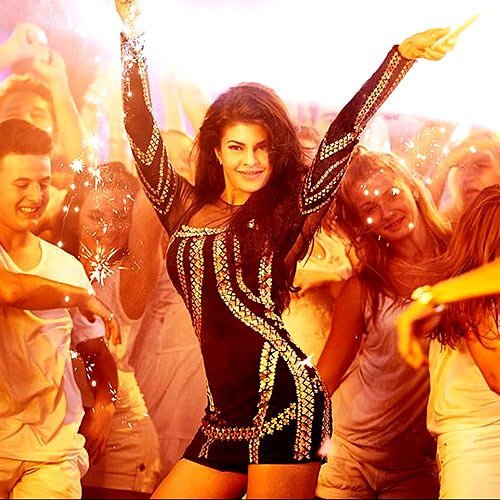
Having been an avid reader of Anshuman's reviews which offered sharp insights into the filmmaking process, it is difficult to accept the mediocrity of his first filmmaking attempt. Hopefully, the stars will go up with his following runs.
For now, stay away from Dumbistan.

